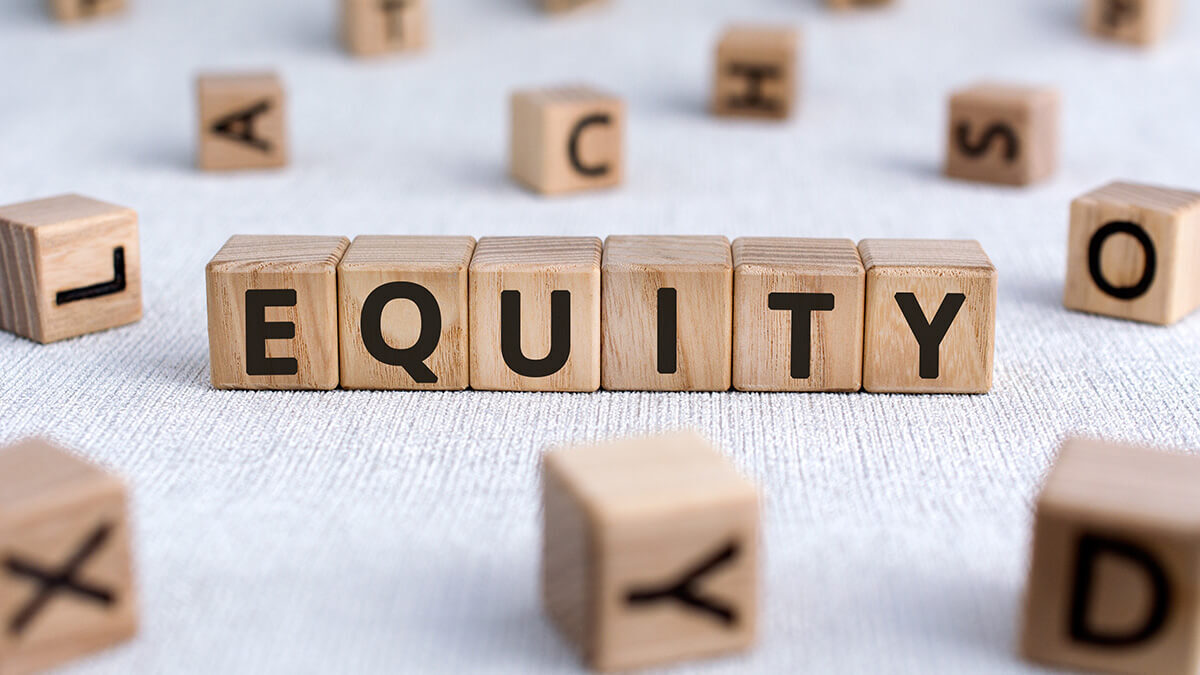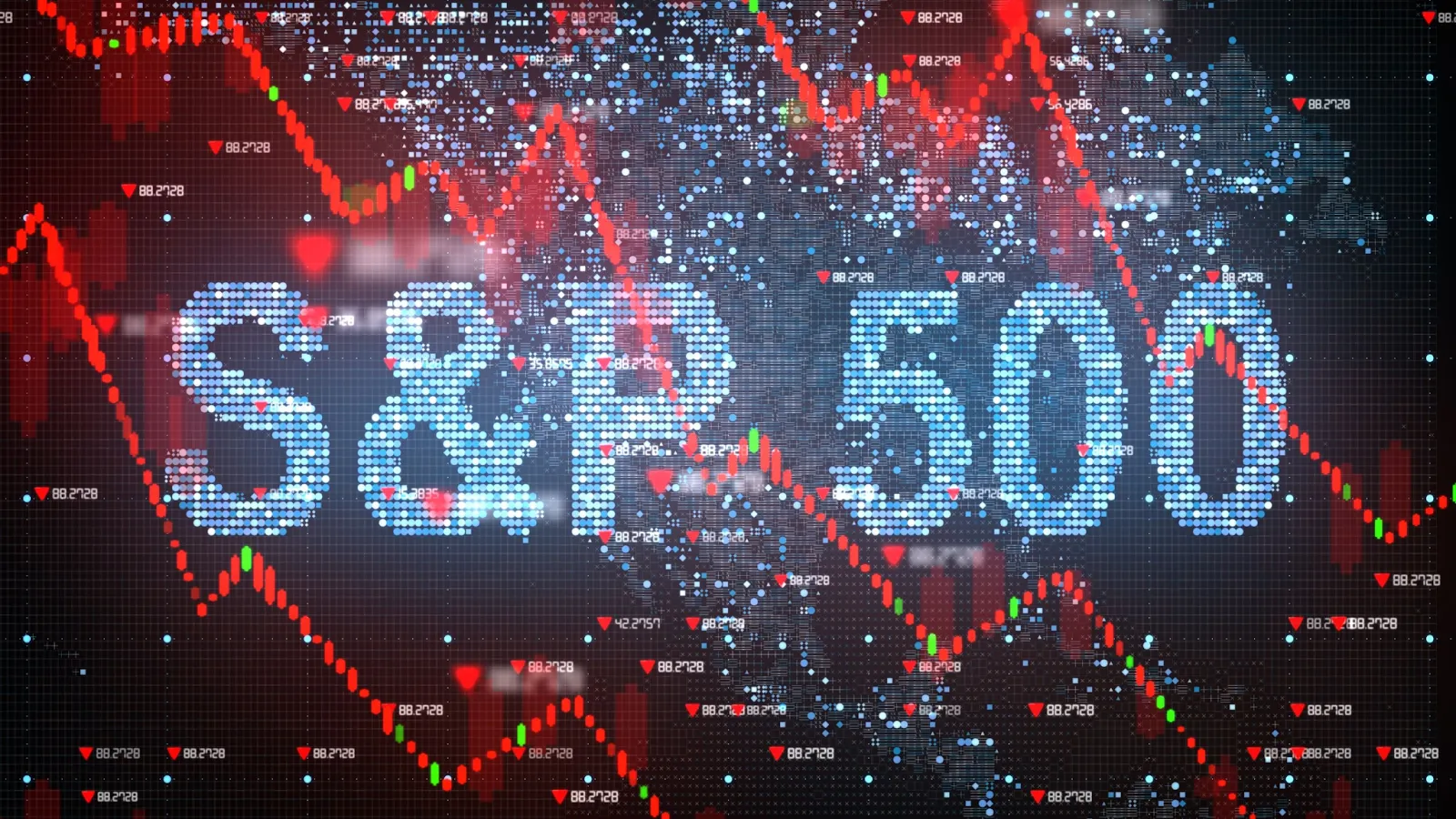As companies prepare to post the largest dip in earnings since the epidemic began three years ago, bulls are already looking ahead, expecting that growth will return and equities will reach new highs.
Analysts anticipate "grim" first-quarter earnings, with profits for S&;P 500 companies plunging 8%, but they also regard it as the low point, according to analysts Gina Martin Adams and Wendy Soong. Investors who have increased their stake in the S&P 500 by 8.0% this year expect a mild recession at best and a stop to the Federal Reserve's interest rate rises.
Several things must go right for that to occur, including no repeat of the March financial system instability and a robust consumer in the face of persistent inflation and a sluggish economy.
"If macro data slows but does not fall, and banks demonstrate balance-sheet stability, markets might rise on optimism that first-quarter profit growth rates represented the cycle's trough," said Madison Faller, global strategist at JPMorgan Private Bank.
Earnings projections, according to skeptics, are still excessively high, and the market will fall once investors realize this.
"The equities boom might continue," Rajeev De Mello, a global macro portfolio manager at GAMA Asset Management SA, said. "The forecast will be cautious. "There is a lot of uncertainty about the condition of the economic cycle," he added, and stress in the financial sector reminded him of the impacts of monetary tightening.
The bankruptcy of numerous regional banks in the United States last month will be on investors' minds. Money managers will evaluate corporations' exposure to
these firms, as well as the impact of tighter lending conditions on earnings.

Smaller US companies' earnings are more likely to be impacted by banking system stress than bigger corporations because they are more economically sensitive and have more exposure to regional lenders, according to Goldman Sachs Group Inc. strategists in a note.
BGC Partners Inc., a brokerage company, said revenue was "somewhat affected by recent instability among regional banks and select global investment banks," resulting in reduced volumes in the last weeks of the quarter.
Companies are being compelled to lower prices to attract consumers to spend while the economy slows, creating concerns about profit margins. Tesla Inc. has been reducing car costs throughout the world, a strategy that has helped the company deliver a record number of vehicles in the first three months of the year, even as experts question the impact on profitability.
Discounts were also prevalent in the retail industry. Due to increased marketing, Levi Strauss & Co.'s first-quarter gross margin fell short of forecasts. While Nike Inc.'s sales exceeded forecasts, its profitability fell short due to markdowns and high freight and material expenses.
"There will be more earnings pain because margins are just beginning to fall from a peak," said Karim Chedid, an investment strategist at BlackRock Inc. in London. "Margins will be critical in determining how soon inflation falls from its high and how tight the labor market remains as we pass peak jobs." This will have a significant impact on the market environment and risk asset valuation."
Investors will be watching how companies spend their capital. Dividends and stock buybacks may be rewarded, but firms may choose caution, especially if concerns about the banking sector persist.
According to Goldman strategists, bank stress puts the outlook for US corporate expenditure under pressure, even though it was already worsening before March's events. According to the bank's research, analyst predictions anticipate slower buybacks but ongoing capital spending growth in every S&P 500 sector in 2023.
Yet, there are some indications that shareholder returns will remain resilient. In Europe, the European Central Bank approved UniCredit SpA's share purchase of €3.34 billion ($3.7 billion), indicating that authorities aren't yet prepared to curtail banks' payment plans due to the volatility. FedEx Corp.'s board of directors in the United States authorized an increase in the annual dividend for fiscal 2024.
According to Goldman strategists, bank stress puts the outlook for US corporate expenditure under pressure, even though it was already worsening before March's events. According to the bank's research, analyst predictions anticipate slower buybacks but ongoing capital spending growth in every S&P 500 sector in 2023.
Yet, there are some indications that shareholder returns will remain resilient. In Europe, the European Central Bank approved UniCredit SpA's share purchase of €3.34 billion ($3.7 billion), indicating that authorities aren't yet prepared to curtail banks' payment plans due to the volatility. FedEx Corp.'s board of directors in the United States authorized an increase in the annual dividend for fiscal 2024.
Expectations for S&P 500 earnings in the next year have risen in the last month, "suggesting experts anticipate cost-cutting to begin to work its way through," said Peter Garnry, head of equities strategy at Saxo Bank AS. "This offers an opportunity for negative risks if corporations underperform on their forecasts."

Subscribe to our newsletter!
As a leading independent research provider, TradeAlgo keeps you connected from anywhere.








